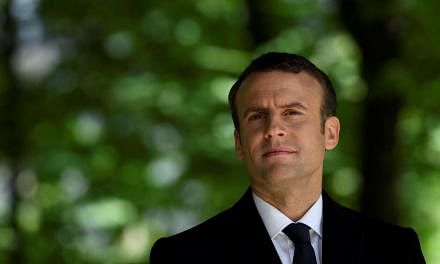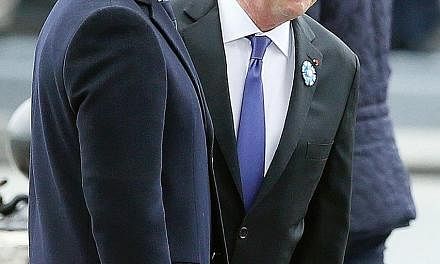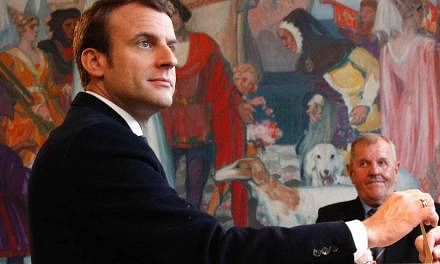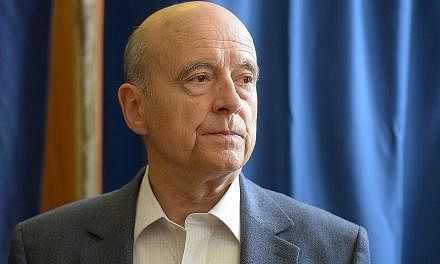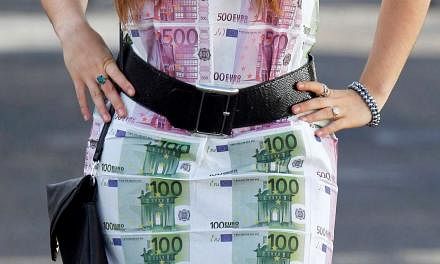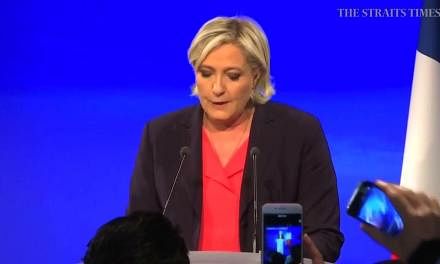PARIS (AFP) - Pro-EU centrist Emmanuel Macron takes on far-right candidate Marine Le Pen in the second-round run-off of France's presidential election on Sunday.
Why is it important?
France is the eurozone's second-biggest economy as well as a global military and diplomatic heavyweight, with veto power as a permanent member of the UN Security Council.
The second round has boiled down to a battle between the pro-European, pro-globalisation vision of Macron and Le Pen's hostility to the EU and Nato.
If Le Pen wins, it would further shake up the West's postwar order, already rattled by Britain's vote to leave the EU and Donald Trump's election to the White House.
How is the president elected?
The president is elected in a direct popular vote of one or two rounds.
Sunday's run-off comes after neither candidate obtained an absolute majority in the first round. Every French presidential election since 1965 has gone to a second round.
What happened in the first round
Macron won 24 per cent of the vote and Le Pen finished second with 21.3 per cent while France's traditional left and right parties were eliminated in the first round for the first time since the start of the Fifth Republic in 1958.
How does the election work?
A total of 47.58 million people are registered to vote. The country's 66,546 polling stations will open at 8am (2pm Singapore time) and most will close at 7pm, while those in Paris and other big cities will remain open an hour longer.
The first estimated results could come as early as 7:45pm (1:45am Monday Singapore time).
What happens next?
The new president will take over from Socialist Francois Hollande and is expected to be sworn in by May 14.

